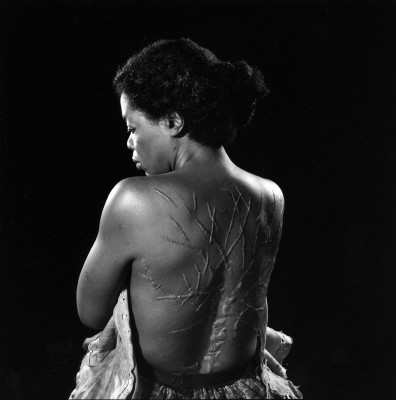3/31/15
Text: Beloved by Toni Morrison
Critical Lens: Psychoanalytic Lens
In Kristin Boudreau's article, "Pain and the Unmaking of Self in Toni Morrison's Beloved", she corroborates very crucial information from multiple different sources, as well as the context of Beloved, to raise the question of whether Sethe must endure her own painful reality as a means to feel redeemed from the atrocities committed in her previous life of slavery. She further “suggests that pain may not point the way to redemption but will instead perpetuate the process of violence in which it found it’s origin” (Boudreau). The novel Beloved shows how the house "full of baby venom" takes on a life of its own and causes people to leave the family and friends to avoid all contact with the perceived violence in the home. Boudreau goes on to say that this sense of pain that is both directly referenced and alluded to throughout the novel is so deeply ingrained in the lives of the many ex-slaves that it entraps them and keeps them from moving on. Sethe is able to block out images of violence but even then she this “shamed her” to remember the beauty of nature instead of the atrocities that she endured. Her ensnarement by her violent memories of the past and her guilt at letting them go reveals how she is unable to absolve her sins.
As part of her ensnarement, she has a difficult time communicating to Paul D the amount of pain she endures in her life. As Paul D describes the conversations they have with each other as, “Round and round, never changing direction... like having a child whisper into your ear so close you could feel its lips form the words you couldn't make out because they were too close.” It seems apparent that such behavioral issues are more common in people younger than Sethe, which implies that the pain she goes through to redeem herself is a sign of regression, a defence mechanism in which her psyche returns to a state of infancy because it has no possible way to face such topics in a responsible and adultlike matter.
